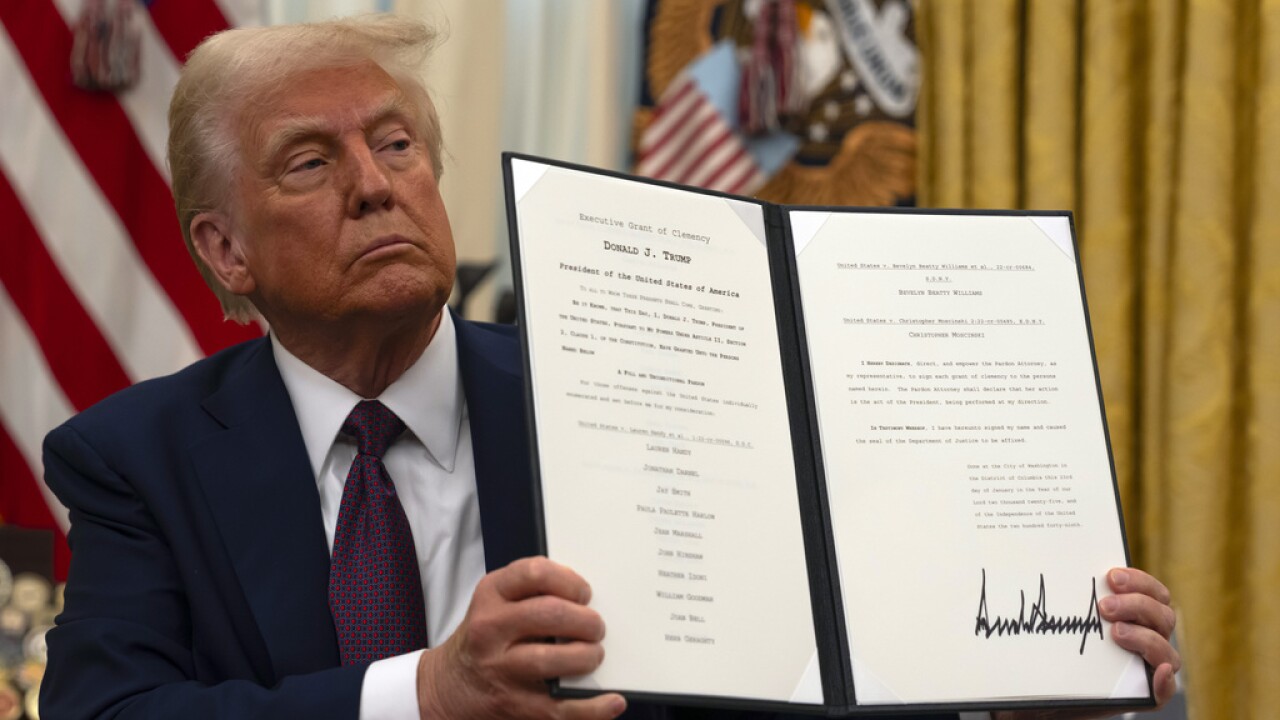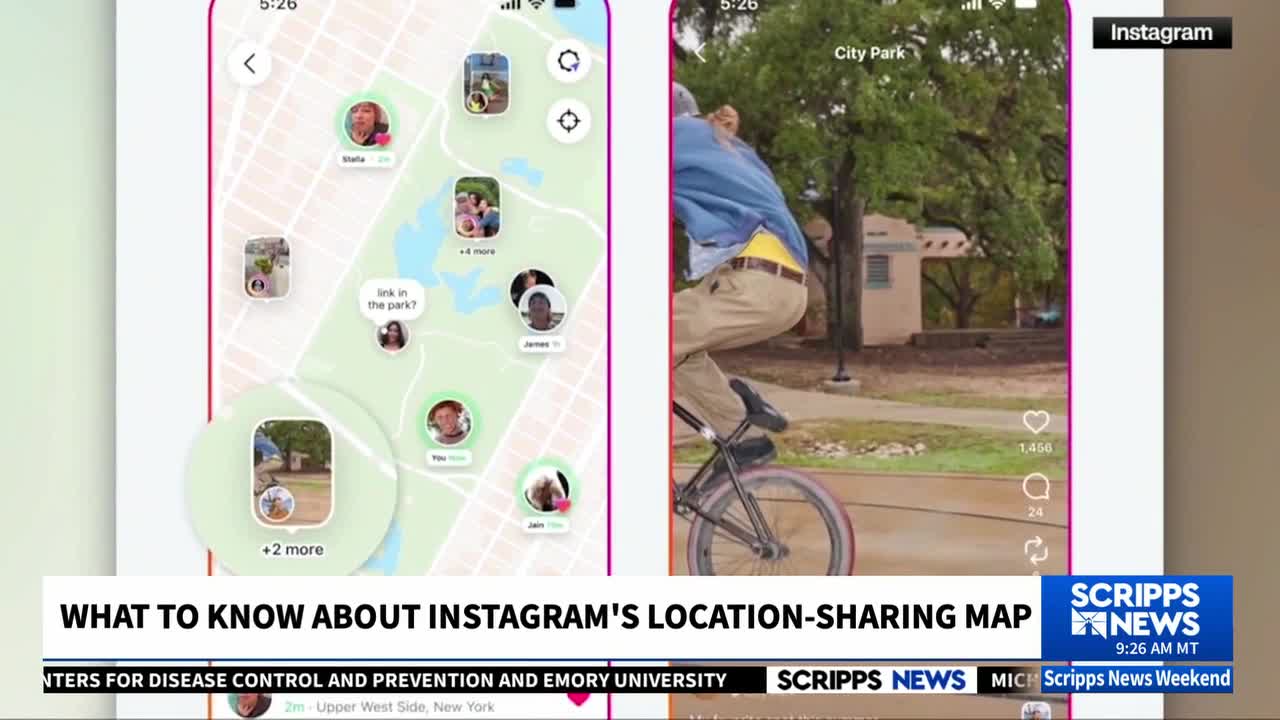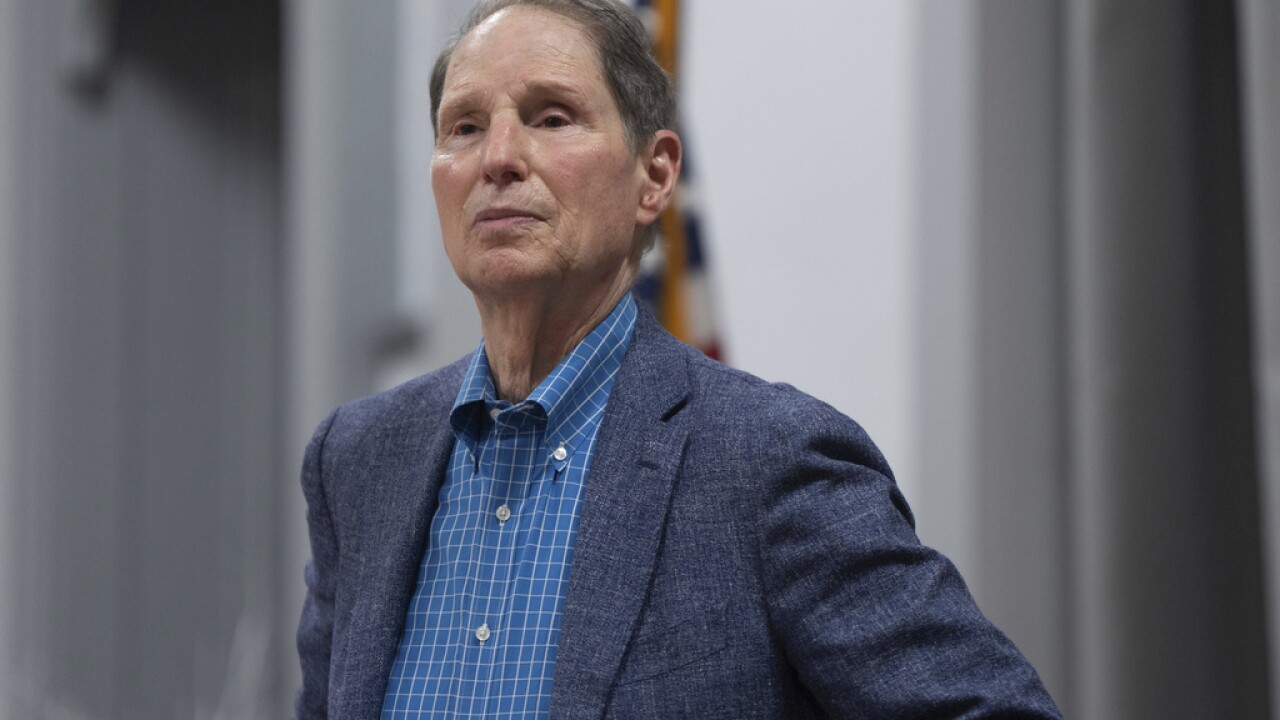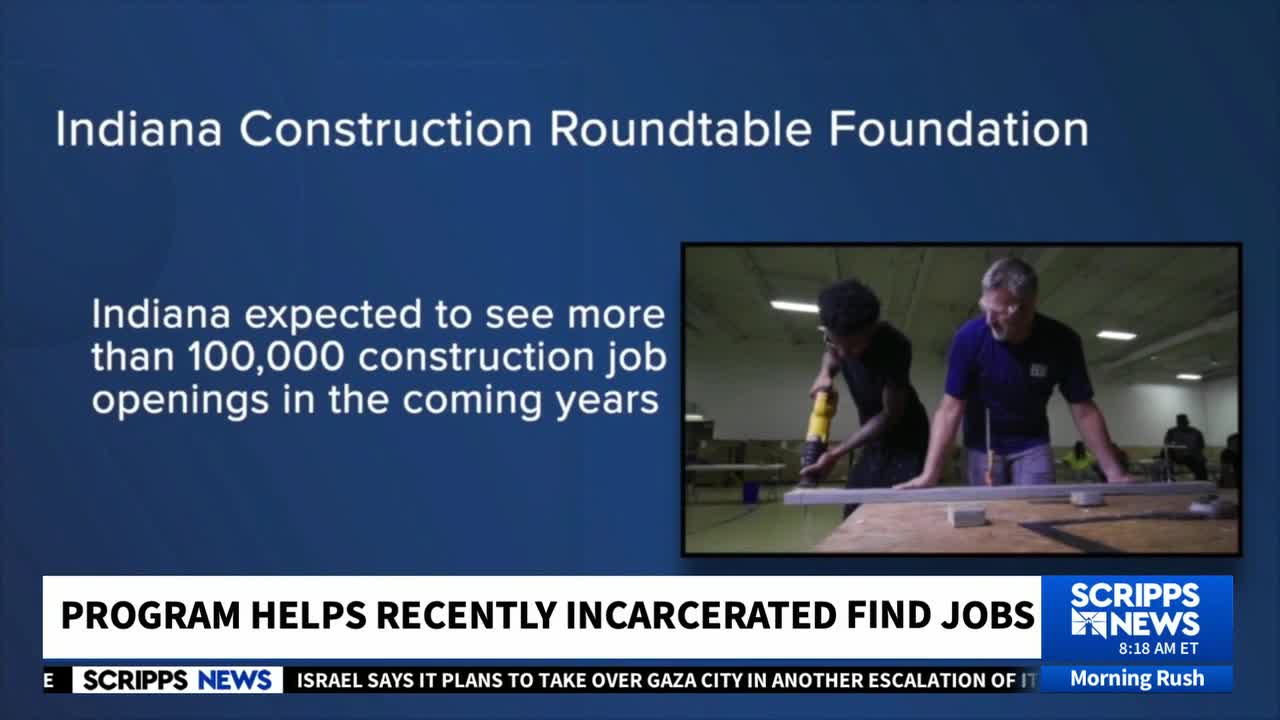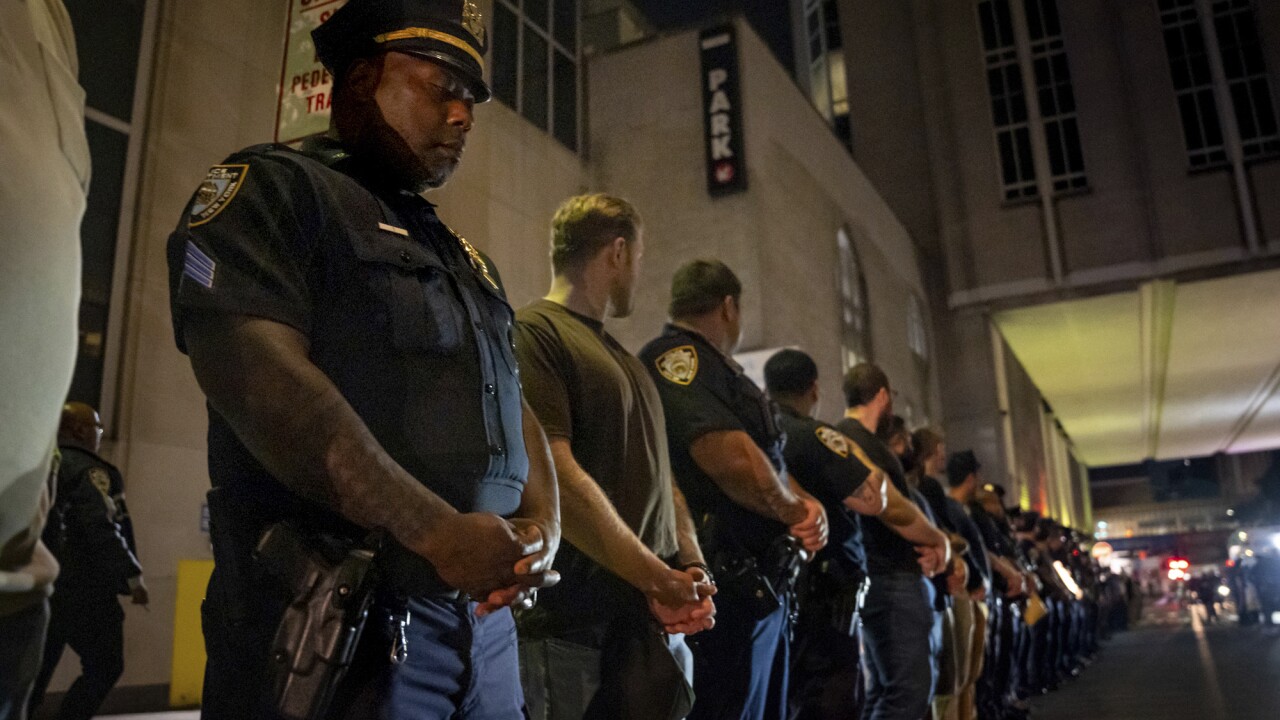Netanyahu defends planned military offensive in Gaza and lashes out at ‘global campaign of lies’
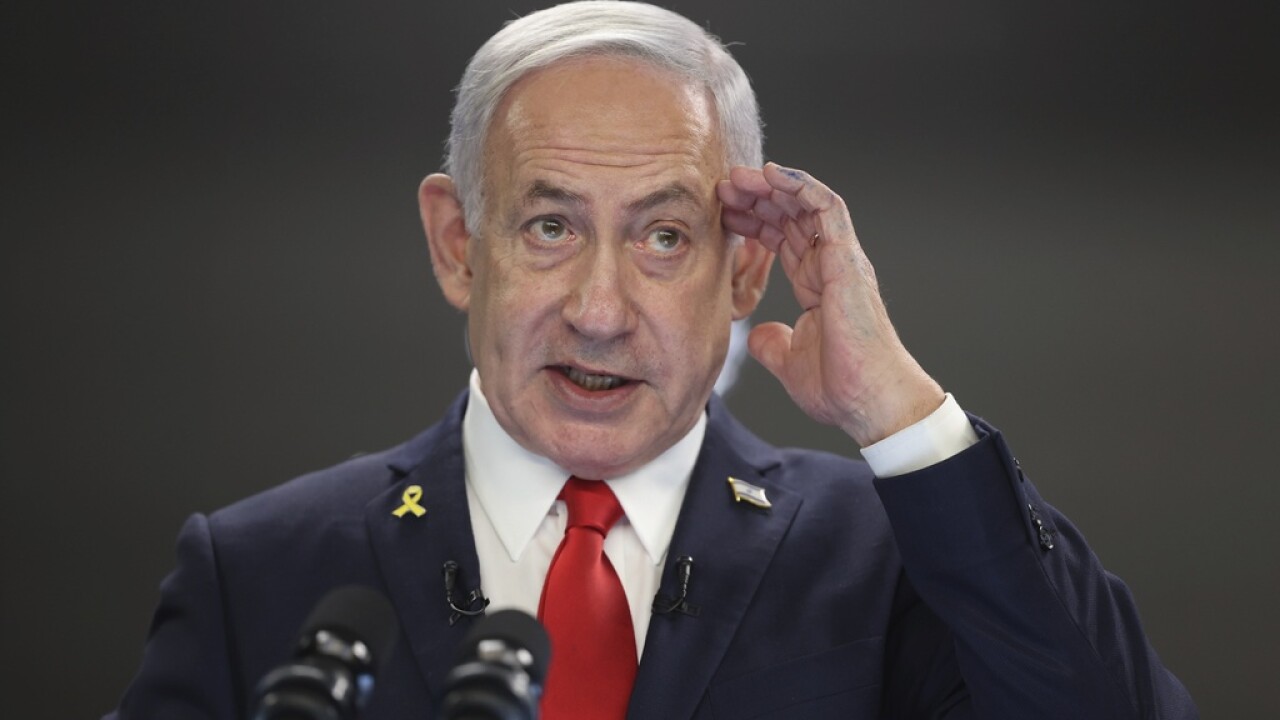
Amid mounting domestic and international condemnation, Israeli Prime Minister Benjamin Netanyahu attempted to defend a new military offensive in one of Gaza’s most populous districts on Sunday, saying that Israel has no alternative but to complete the task and defeat Hamas.
He addressed international media shortly before the UN Security Council’s emergency session on Gaza. Notably, Netanyahu claimed to have ordered Israel’s military to add additional international journalists, which would be a startling change given that during the 22 months of the conflict, they had not been permitted to enter Gaza outside of military embeds.
Netanyahu declared, “Our objective is to liberate Gaza, not to occupy it.” Additionally, he denounced what he described as a worldwide campaign of deception and claimed that Germany’s Chancellor Friedrich Merz, one of Israel’s most ardent supporters, had capitulated by halting the transfer of military hardware to Israel that may be utilized in Gaza. Merz told public television ARD that although Germany and Israel were having a lot of challenging conversations, Berlin’s general policy of friendship remained unchanged.
Netanyahu stated that the next moves in Gaza have a rather short timeline, although he did not provide any details. According to him, the objectives include demilitarizing the area, giving the Israeli military supreme security authority, and putting a non-Israeli civilian government in charge.
Netanyahu once more attributed a number of Gaza’s issues, such as humanitarian shortages, civilian casualties, and devastation, to the Hamas militant organization. He said that there are still thousands of armed terrorists in Hamas and that Palestinians are pleading for their release.
The prime minister acknowledged hunger, stating that there was a problem with deprivation and that there was no doubt about it, despite his claims that there is no starving in Gaza. He stated that Israel aims to expand the number of locations where aid is distributed.
Israel has the right to determine what is best for its security, according to the United States, which defended the country. It referred to claims of genocide in Gaza as untrue.
The United States can thwart proposed acts in the council by exercising its veto authority.
Concern was voiced by U.N. officials and other council members. The collective punishment of Gaza’s citizens was deemed abhorrent by China. Russia issued a warning against an unwarranted escalation of fighting.
According to Ramesh Rajasingham of the U.N. humanitarian office, this is starvation rather than an impending hunger crisis. The humanitarian situation is appalling. To be honest, there aren’t enough words to adequately describe it.
Hospitals and witnesses reported that at least 31 Palestinians were killed in Gaza while attempting to get supplies.
Witnesses reported shooting in the southern Teina region and the Israeli-controlled Morag and Netzarim corridors were interviewed by the Associated Press. They all accused Israeli forces of shooting at crowds while they waited for convoys or attempted to get to food handouts.
According to Nasser hospital, 15 people were killed while waiting for trucks close to the Morag corridor, which divides the southern cities of Rafah and Khan Younis.
Israeli forces opened fire there, according to Jamal al-Laweh, who described the scenario as a death trap. However, I have no other option but to feed the children.
Gaza’s Health Ministry and Shifa hospital say six people were killed while waiting for supplies in northern Gaza near the Zikim crossing.
Before fire was directed at crowds attempting to approach a distribution center run by the Israeli-backed and U.S.-funded Gaza Humanitarian Foundation, witnesses in central Gaza reported hearing warning shots. It was impossible for the AP to independently verify who shot. According to Awda Hospital, Israeli bullets killed four people.
As they attempted to access GHF installations in Khan Younis and Rafah, six additional humanitarian workers were slain, according to Nasser Hospital.
As an alternative to the U.N.-run relief system, the GHF locations started in May, but operations have been hampered by turmoil and fatalities.
In case you missed it, an Israeli minister prays at a sensitive holy site in Gaza while Israeli forces murder more than 20 charity workers.
The GHF media office responded to questions from the AP by saying: No incidents occurred at or close to our sites today, and those that did seem to be related to mobs attempting to plunder the relief convoy. The Israeli military reported that there were no troop-related incidents close to assistance stations in central Gaza.
According to local hospitals, seven individuals were murdered in airstrikes: three in the vicinity of Gaza City’s fishermen’s harbor and four in a tent in Khan Younis, two of whom were minors. The Israeli military refrained from commenting right away.
The majority of Palestinians have been uprooted by Israel’s air and ground offensive, which has also driven the region closer to starvation. Malnutrition-related reasons claimed the lives of two Palestinian youngsters on Saturday, bringing the total number of children killed since the start of the conflict to 100.
Since the ministry began counting deaths from malnutrition-related causes in June, at least 117 individuals have perished.
In addition to the ministry’s war toll of 61,400 Palestinians, there is the starvation toll. The medically trained ministry, which is a part of the Hamas-run government, claims that women and children have made up around half of the dead but does not differentiate between fighters and civilians. It is regarded as the most trustworthy source of information on combat casualties by the United Nations and independent experts.
Concerned that the preparations to increase military operations in Gaza City would put their loved ones in risk, the relatives of the hostages called for a labor strike in Israel the following week. There are still 50 hostages from the October 7, 2023, Hamas-led attack that started the conflict. There are thought to be twenty living.
U.S. President Donald Trump and Special Envoy Steve Witkoff were urged to stop the battle by Lishay Miran-Lavi, whose husband Omri is one of the captives.
Israeli Defense Minister Israel Katz also took a tour of a portion of the Israeli-occupied West Bank on Sunday. Since Israel took over the region in 1967, around 40,000 Palestinians have been forced from their homes in the West Bank, the greatest displacement in the region’s history.
Israel claims the operations are necessary to eradicate militancy because since the start of the war in Gaza, violence from all sides has increased. The military will stay in the refugee camps in the region until the end of the year, according to Katz.
